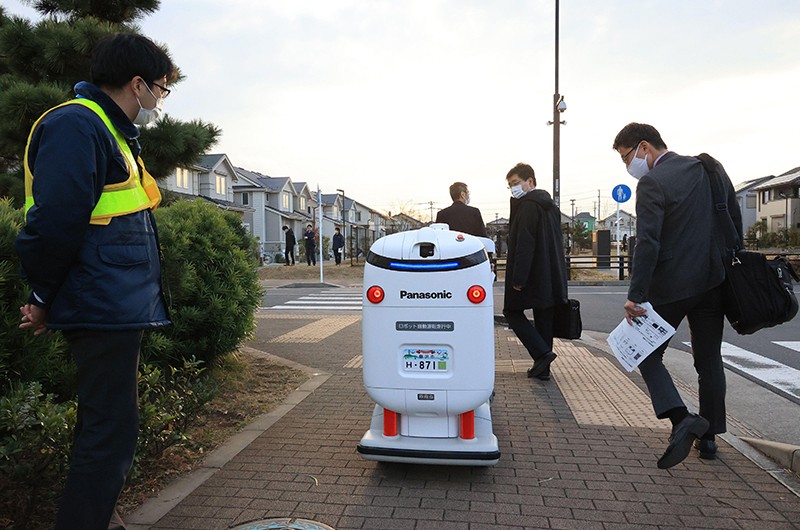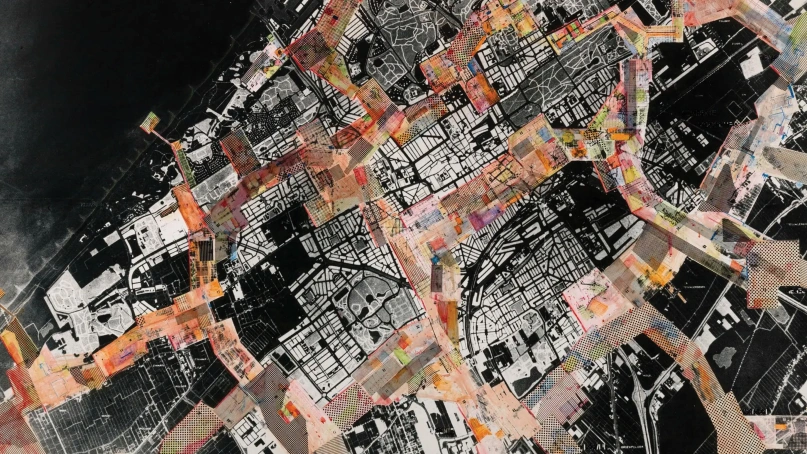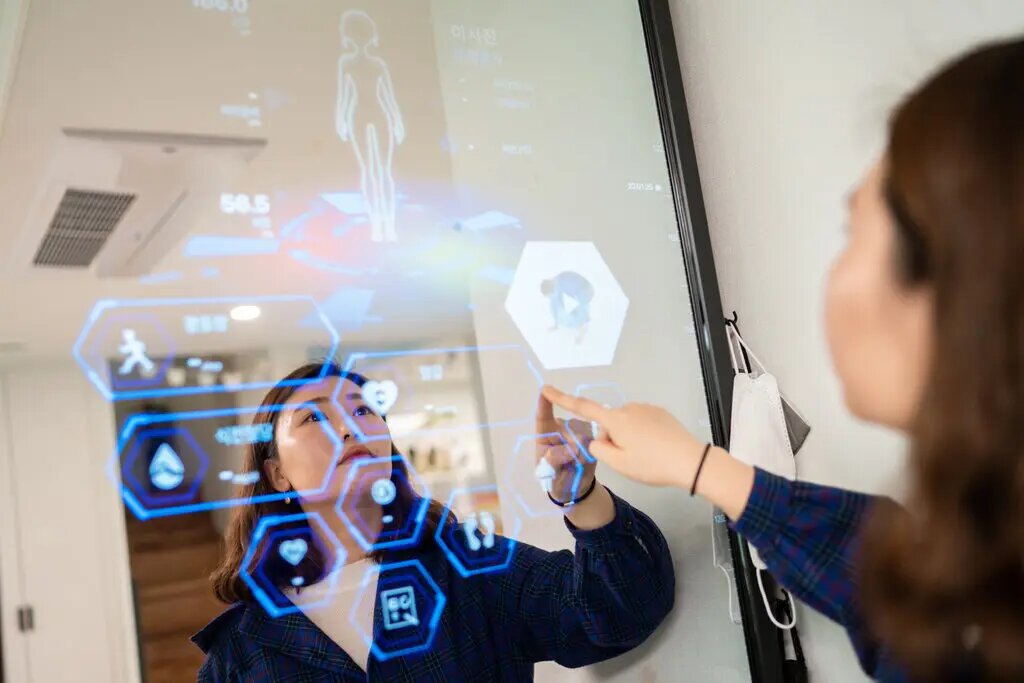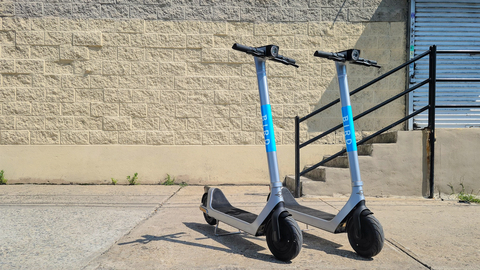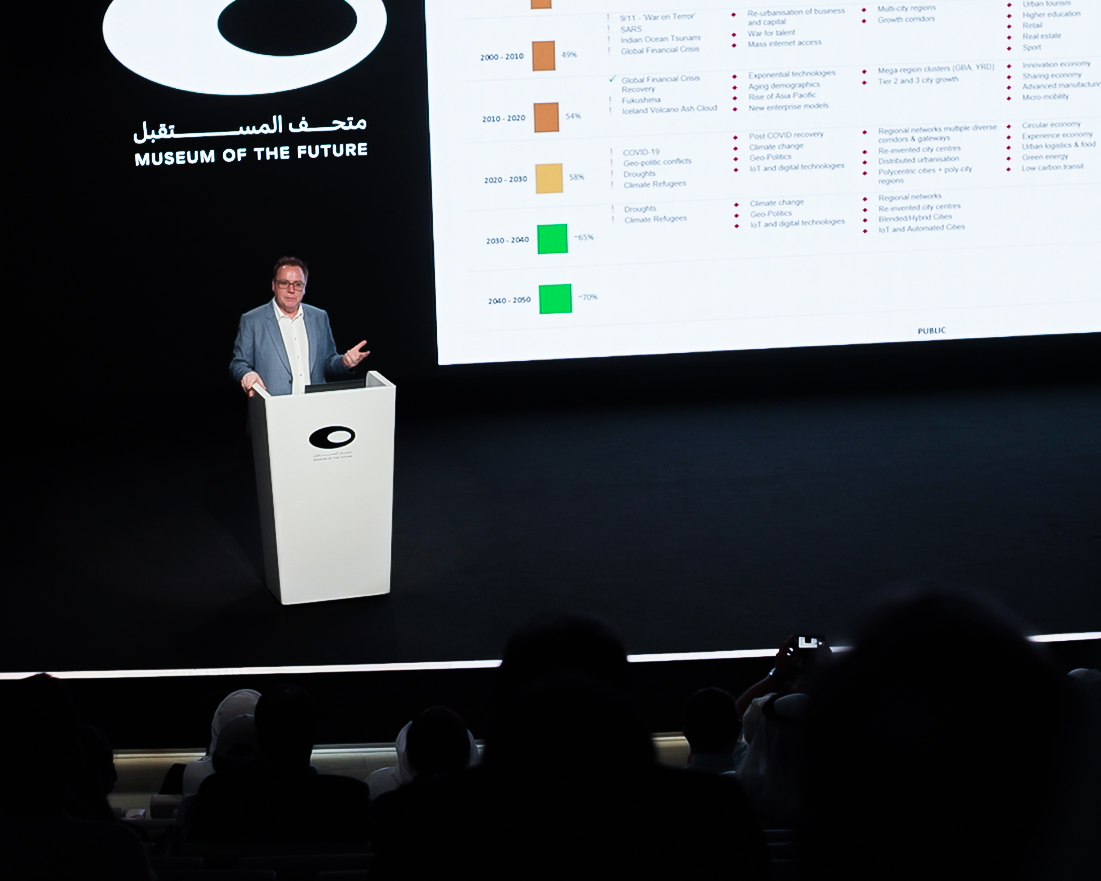
In recent years, industrial enterprises are accelerating their digital transformation and preparing themselves for the fourth industrial revolution (Industry 4.0). Industry 4.0 entails the digitization of physical production processes towards optimizing and controlling them using advanced technologies like BigData analytics and Artificial Intelligence (AI). This digitization of production processes enables industrial organizations to implement agile and responsive manufacturing workflows, which rely on flexible Information Technology (IT) systems rather than on conventional Operational Technology (OT). This flexibility facilitates a shift from conventional Made-to-Stock (MTS) manufacturing to novel customizable production models like Made-to-Order (MTO), Configure-to-Order (CTO), and Engineering to Order (ETO).
The implementation of Industry 4.0 compliant production systems hinges on the deployment of Cyber-Physical Systems (CPS) in the manufacturing shop floor. CPS systems enable the acquisition of digital data about physical production processes and the execution of digital-driven actuation and control processes. As such, they bridge the physical and the digital worlds and enable the digitization of complex production processes. There are different types of CPS systems ranging from sensor boards and sensor networks to smart autonomous objects like industrial robots, drones, and automated guided vehicles. In essence, CPS systems comprise one or several internet-connected devices, which are integrated with other production systems in industrial environments. This is the main reason why Industry 4.0 is also referred to as the Industrial Internet of Things (IIoT). IIoT includes the subset of IoT (Internet of Things) systems and applications that are deployed in industrial environments such as the manufacturing, energy, agriculture, and automotive sectors. According to recent market studies, the lion’s share of IoT’s market value will stem from IIoT applications rather than from consumer segments.
+INFO: Wevolver





